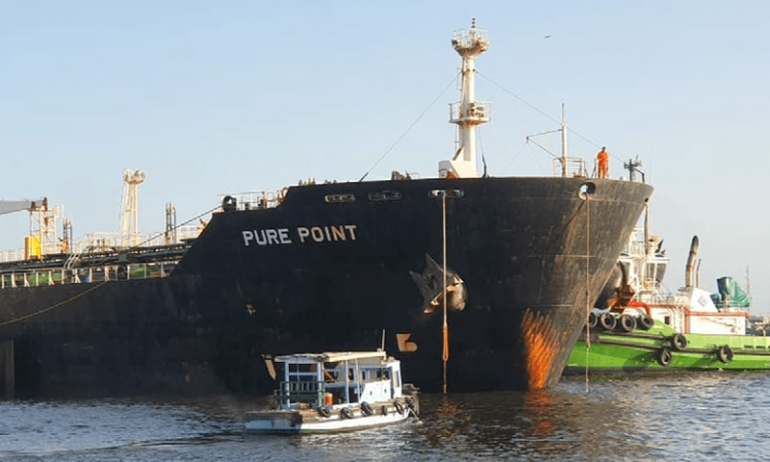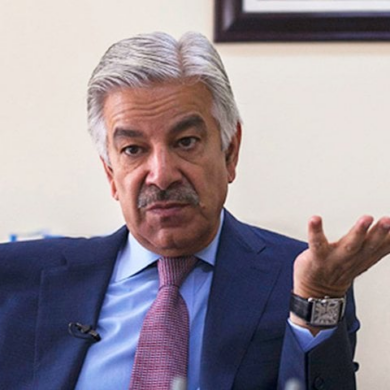In a significant departure from its US dollar-dominated export payments policy, Pakistan has completed its first government-to-government (G2G) import of Russian crude oil, with the payment made in Chinese currency.
State Minister for Petroleum, Musadik Malik told the foreign media that the purchase consisted of 100,000 tonnes of Russian crude, with 45,000 tonnes already docked in Karachi and the remainder was en route to Pakistan.
The G2G deal, initiated in April, marked a new milestone in bilateral relations between Pakistan and Russia.
Concerns regarding the financial viability of the deal and the capability of local refineries to process Russian crude were downplayed by Malik.
He assured that various product mixes had been evaluated and refining the Russian crude would not result in any losses. The minister emphasized that the purchase did not necessitate adjustments at the refineries.
The road to this purchase began when Finance Minister Ishaq Dar announced Pakistan’s consideration of buying discounted Russian oil, citing India’s existing oil imports from Moscow.
Subsequently, Musadik Malik traveled to Moscow for talks on oil and gas supplies, leading to the decision to purchase discounted crude oil, petrol, and diesel from Russia.
In January 2023, a Russian delegation visited Islamabad to finalize the deal. After addressing technical issues related to insurance, transportation, and payment mechanisms, both countries agreed to sign the agreement by late March.
The joint statement issued at that time emphasized mutual economic benefits.
In April, Malik confirmed that Pakistan had placed its first order for discounted Russian crude oil. He anticipated that imports could reach 100,000 barrels per day (bpd) if the initial transaction proceeded smoothly.
The purchase of discounted crude oil from Russia provides much-needed respite for Pakistan, which is grappling with an acute balance-of-payments crisis that puts it at risk of defaulting on its debt obligations.
Energy imports constitute a significant portion of the country’s external payments. While the majority of Pakistan’s oil requirements are currently met by traditional Gulf and Arab suppliers, the introduction of 100,000 bpd from Russia has the potential to significantly reduce its dependence on Middle Eastern fuel.



